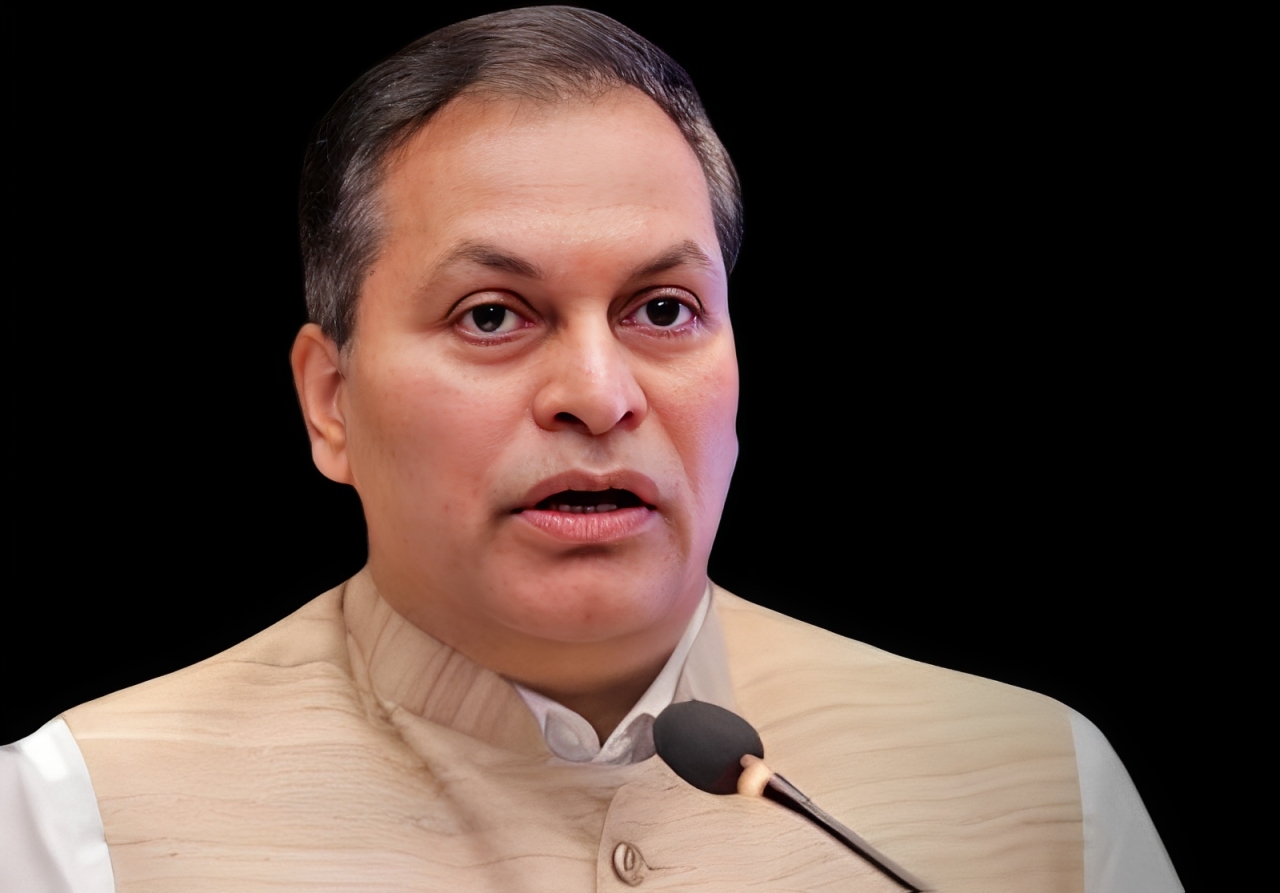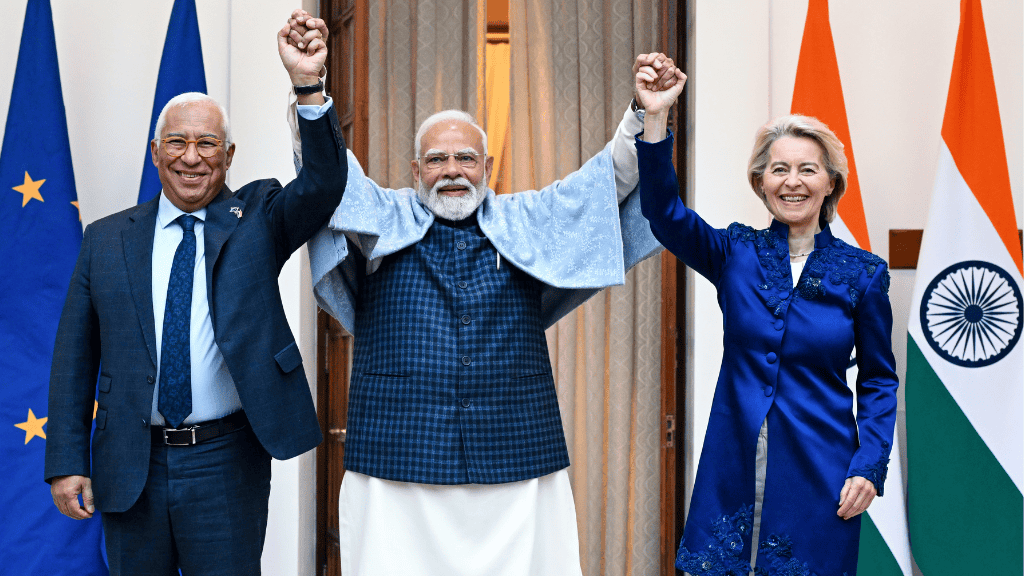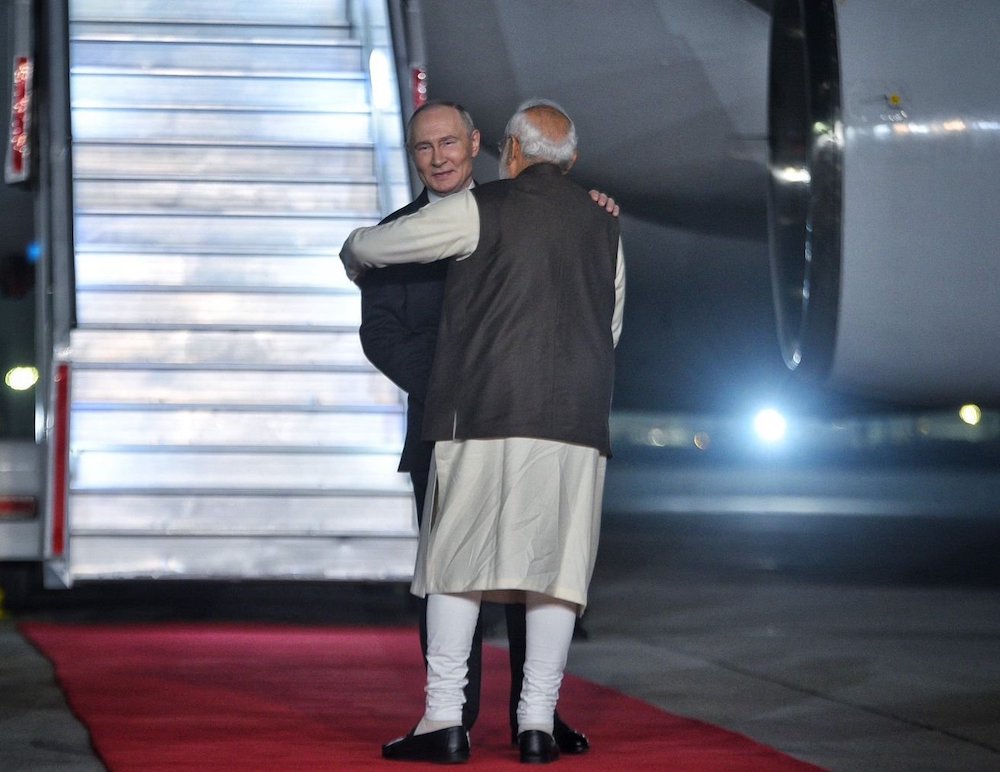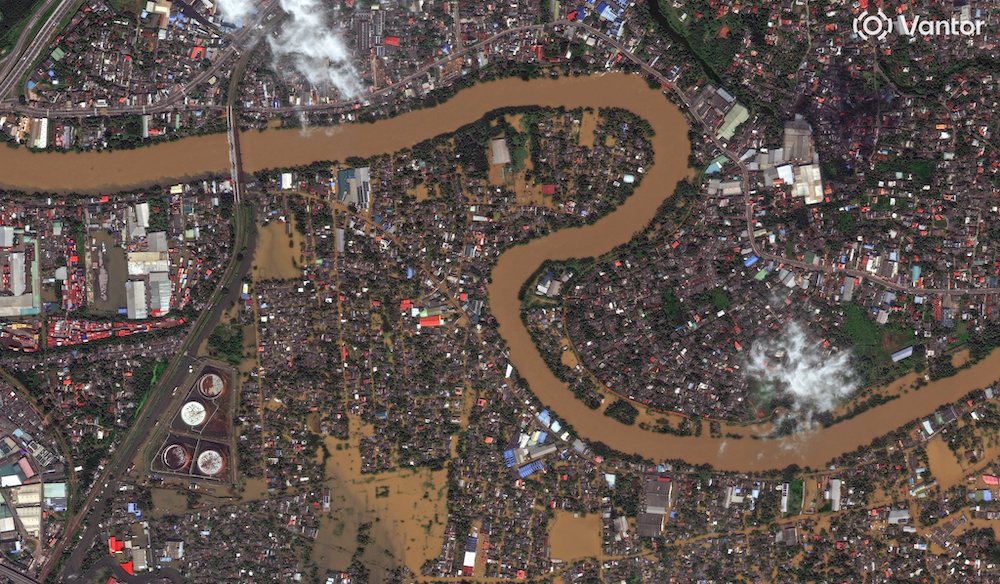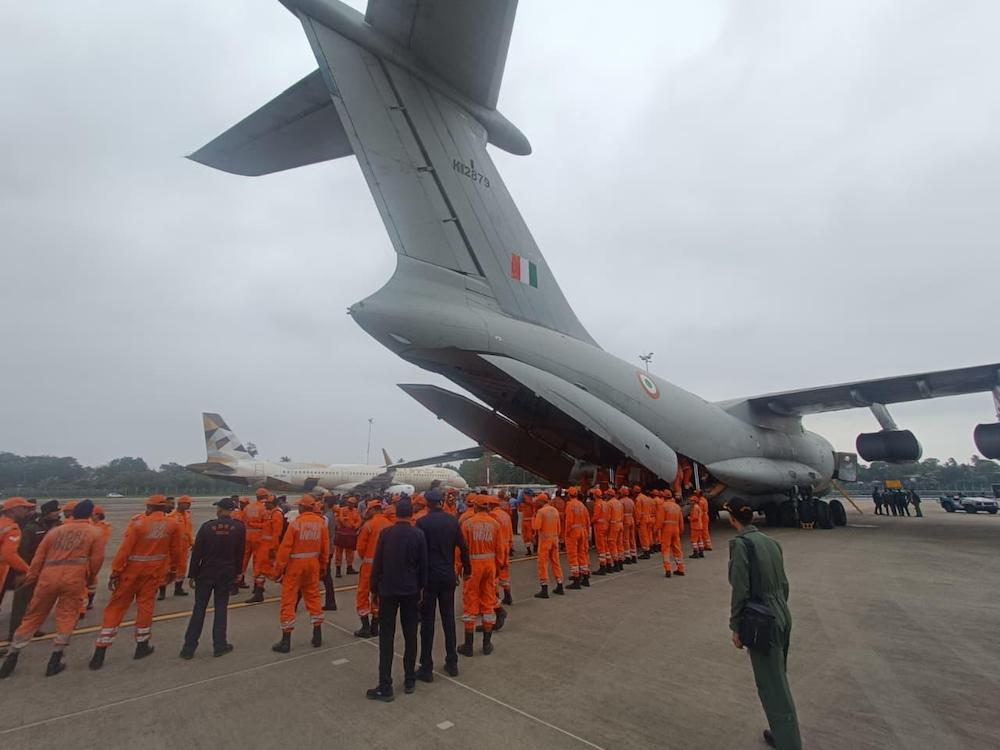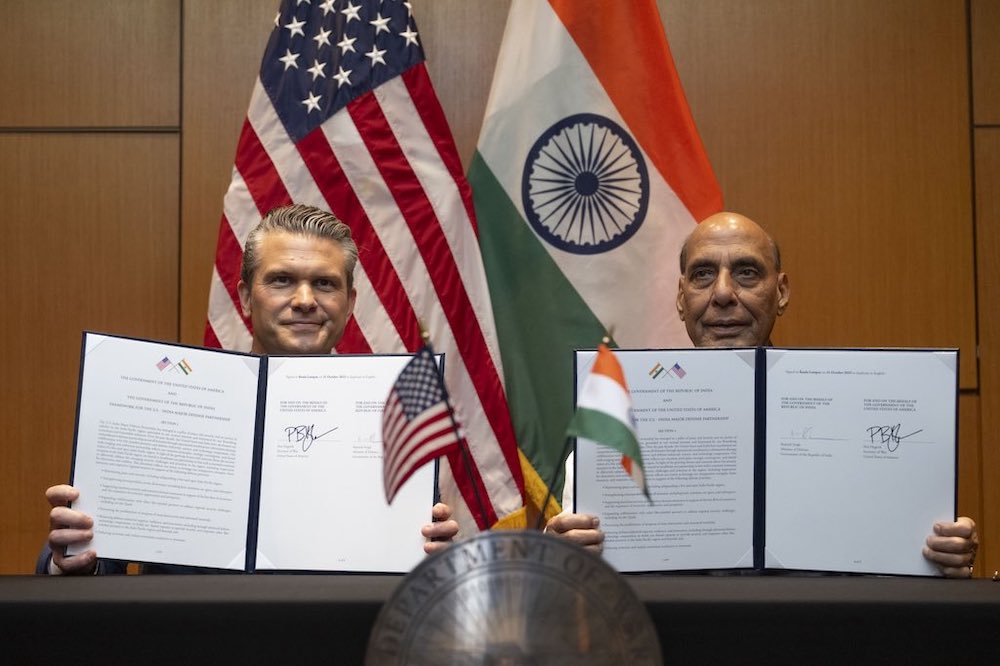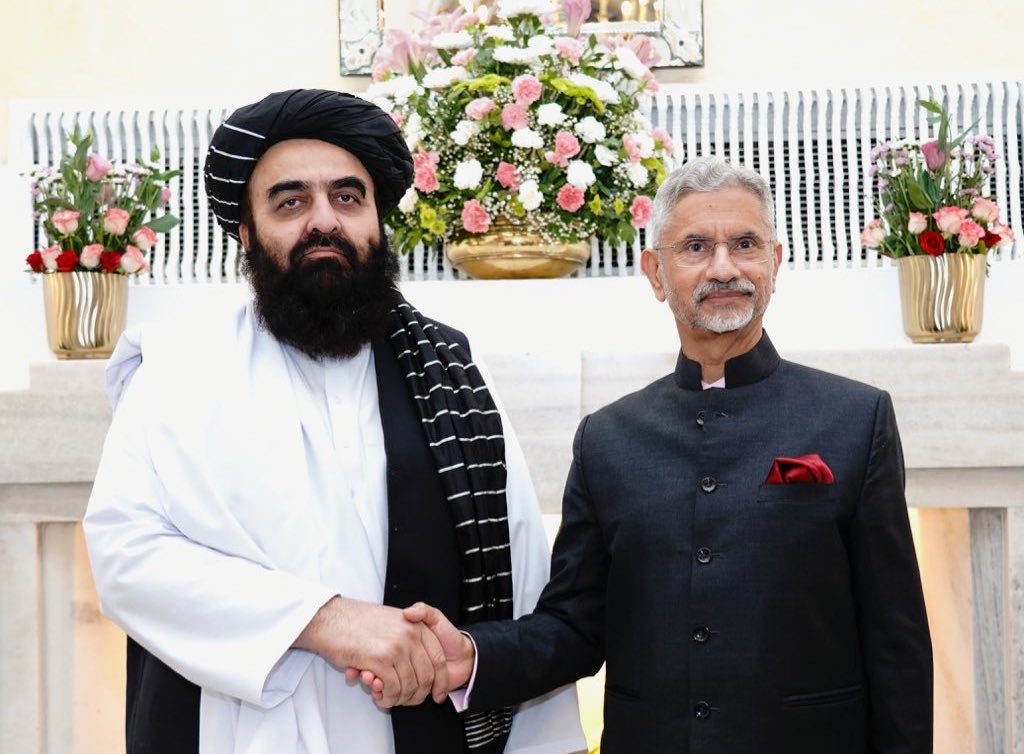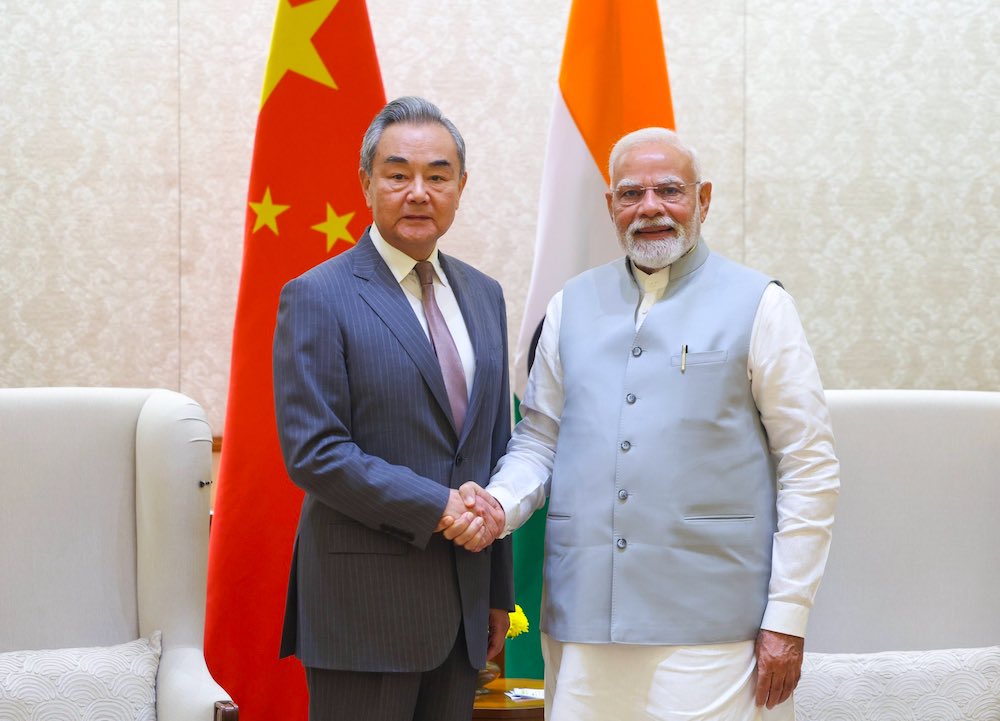 Narendra Modi (R) meeting Wang Yi at 7 Jan Kalyan Marg. (Photo: PMO)
Narendra Modi (R) meeting Wang Yi at 7 Jan Kalyan Marg. (Photo: PMO)
New Delhi: The Chinese foreign minister, Wang Yi, concluded an important visit to India on Tuesday that marked the most significant diplomatic breakthrough between the Asian giants since their deadly border clash in 2020. During Wang’s visit and talks with Indian officials, both sides signalled renewed commitment to stabilizing their volatile relationship.
Wang’s two-day visit featured extensive discussions with the external affairs minister, S Jaishankar, on Monday and the national security advisor, Ajit Doval, on Tuesday. As expected, the visit culminated in a meeting with the prime minister, Narendra Modi, where the top Chinese diplomat delivered a personal invitation from China’s president, Xi Jinping, for the upcoming Shanghai Cooperation Organization summit.
The visit’s centrepiece was the 24th round of special representatives’ talks between Wang and Doval at Hyderabad House – the highest-level mechanism for addressing the India-China boundary dispute. The talks assume particular significance as Modi prepares to visit China for the SCO summit in Tianjin from August 31 to September 1, which will mark his first trip to the country in seven years.
Wang Yi, Member of the Political Bureau of the CPC Central Committee, and India’s National Security Adviser Shri Ajit Doval held the 24th Round of Talks Between the Special Representatives of China and India on the Boundary Question in New Delhi.
— Lin Jian 林剑 (@SpoxCHN_LinJian) August 19, 2025
Since the beginning of this… pic.twitter.com/BGg5MZqa2c
Economic commitments
In what represents the most concrete outcome of the diplomatic engagement, China committed to addressing India’s three critical economic concerns: access to fertilisers, rare earth elements, and tunnel boring machines. This breakthrough comes as India faces agricultural input shortages and infrastructure delays that have strained bilateral ties.
The assurance holds substantial economic implications. India depends heavily on Chinese diammonium phosphate and urea for its agricultural sector, while China controls approximately 70% of global rare earth supply and 90% of processing capacity. Several tunnel boring machines essential for India’s infrastructure projects, including the Mumbai-Ahmedabad bullet train, have been held up at Chinese ports.
“Beijing is addressing India’s need for fertilisers, rare earths and tunnel boring machines,” Jaishankar was quoted as saying after his discussions with Wang.
Welcomed Politburo member and Foreign Minister Wang Yi in Delhi this evening.
— Dr. S. Jaishankar (@DrSJaishankar) August 18, 2025
Highlighted that our relations are best guided by the three mutuals - mutual respect, mutual sensitivity and mutual interest. As we seek to move ahead from a difficult period in our ties, it needs a… pic.twitter.com/xRMYm4Nqpv
Border talks
Both sides acknowledged progress in border management since Modi and Xi met in Kazan in October 2024. The discussions addressed de-escalation, delimitation and boundary affairs, with particular emphasis on maintaining relative quiet along the line of actual control (LAC).
“The basis for any positive momentum in our ties is the ability to jointly maintain peace and tranquillity in the border areas,” Jaishankar emphasized during his meeting with Wang Yi on Monday evening.
On Tuesday, Doval, speaking before the special representatives’ talks, highlighted the transformation. He said, “Borders have been quiet. There has been peace and tranquillity. Our bilateral engagements have been more substantial.”
On his part, Wang acknowledged past setbacks directly. He said, “The setbacks we experienced in the past few years were not in the interests of the people of our two countries.” He also noted that the Kazan meeting between Xi and Modi “pointed the direction for the development of our bilateral relations and provided impetus for the proper settlement of the boundary question.”
⚡️Doval on ???? Relations: Upwards Trend Since Modi-Xi Meeting at BRICS in Kazan ??
— RT_India (@RT_India_news) August 19, 2025
The Indian NSA thanked Wang Yi for coming to New Delhi ahead of Modi's trip to China. Ajit Doval stressed the positive steps being taken between the two nations, including increased bilateral… https://t.co/LrQGdMIIGY pic.twitter.com/pSgTLJHrr2
Context and global positioning
The diplomatic engagement occurs against a backdrop of mounting pressure from the United States. The country’s trade policies under its president, Donald Trump, are affecting both countries in a major way. Wang explicitly referenced the challenging international environment, stating that “unilateral bullying practices are rampant” and calling for both nations to contribute to “promoting a multipolar world”.
Modi, following his meeting with Wang, emphasized the broader implications, according to some officials who interacted with reporters. The prime minister reportedly said, “Stable, predictable, constructive ties between India and China will contribute significantly to regional as well as global peace and prosperity.”
The Chinese foreign minister positioned the relationship in global terms, describing China and India as “the two largest developing countries with a combined population of more than 2.8 billion” who should “demonstrate a sense of global responsibility” and “act as major countries”.
❗️History & Reality Proves that Healthy China-India Relationship Serves Both Nations - Chinese FM Wang Yi to NSA Doval https://t.co/TrmpUe0NL5 pic.twitter.com/SBZQEM10Pr
— RT_India (@RT_India_news) August 19, 2025
Talks on sensitive issues
The discussions tackled several contentious bilateral issues that have complicated relations:
Terrorism: India raised concerns about cross-border terrorism "in all its forms and manifestations," with Wang Yi concurring that countering terrorism should receive "the highest priority."
Water Disputes: Jaishankar expressed India’s concerns regarding China’s mega dam construction on the lower reaches of the Yarlung Tsangpo (known as the Brahmaputra in India), highlighting implications for downstream states.
Taiwan: China raised the Taiwan issue. However, India reaffirmed that there was “no change in its position” on the matter.
Anniversary timing
The visit gains additional significance as 2025 marks the 75th anniversary of India-China diplomatic relations. Noting this during the special representatives’ talks, Doval said, “It’s time to celebrate. And we find that with this new energy and the new momentum ... we have been able to make it this time.”
Wang’s vision for the relationship emphasized mutual respect. He said China and India should “view each other as partners and opportunities rather than rivals or threats” and should “explore right ways for neighbouring major countries to get along with each other”.
China’s balancing act with Pakistan continues
Immediately after concluding his India visit, Wang is scheduled to travel to Pakistan on August 21 for the 6th Pakistan-China foreign ministers’ strategic dialogue, underscoring Beijing’s continued balancing act in South Asia. This sequence highlights the complex regional dynamics that both India and China must navigate as they attempt to rebuild their relationship.
Takeaways
The positive tone emanating from both sides represents a significant shift from the antagonistic rhetoric that characterized India-China relations following the June 2020 Galwan Valley clash, which resulted in the first combat deaths along their border in 45 years.
However, fundamental challenges remain. The de-escalation process along the 3,488-kilometre border remains incomplete, China’s strategic partnership with Pakistan continues to complicate regional dynamics, and broader geopolitical competition persists.
The success of this diplomatic reset will depend on sustained implementation of commitments made during Wang Yi’s visit and the forthcoming Modi-Xi engagement at the SCO summit. As Wang Yi noted, maintaining a “healthy and stable China-India relationship serves the fundamental and long-term interests of both countries” – a sentiment that both nations appear increasingly willing to translate into practical cooperation despite their strategic rivalry.


